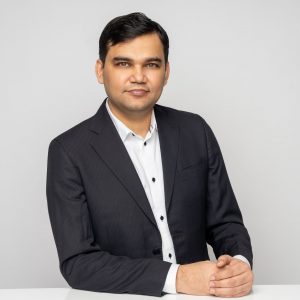Latest News

Dr. Ashish Kumar is a neurosurgeon at Sunnybrook and is cross-appointed as an Assistant Professor in the Faculty of Medicine at the University of Toronto. He joined the Division of Neurosurgery as a surgeon-educator, and his field of expertise is in cerebrovascular and endovascular surgery. He is also the fellowship director for the Advanced Micro-neurosurgery fellowship at SHSC. In 2022, Ashish graduated from the CFD’s Education Scholars Program (ESP) and continues his connection to the CFD as a General Member. ESP sparked a continued interest in Ashish for health professions education (HPE), as he has gone on to join the Master’s program (MScCH) at the Dalla Lana School of Public Health. Since completing ESP, Ashish was appointed as Site Director at Sunnybrook for the Neurosurgery residency program. He was also appointed as Education Committee Chair at Fujita Health University Alumni Association which is closely associated with the Asian Congress of Neurological Surgeons (ACNS), where he also serves as an Executive Committee Member.
In recent conversations with Ashish, it was clear that his participation in ESP was a catalyst for him on his journey and identity as a neurosurgery educator, and we were interested to learn more. Here are some highlights from our recent conversation with him:
Q: As you reflect back on your experiences with the Education Scholars Program, what continues to stand out as particularly impactful about the program for you?
A: ESP was impactful in many aspects. However, how it nurtured and developed a community of educators from different backgrounds stood out for me. This community (along with the faculty) evolved from strength to strength over the course of 2 years and allowed us to appreciate the educational principles from others’ perspectives. Our cohort had scholars from pharmacy, psychiatry, neonatology and surgery. Hence, it guided me to develop an inter-professional approach to remediate day-to-day problems in health professions education and find common ground where I could learn from educators from diverse specialties. This feeling of “one-ness” went a long way in developing ever-lasting bonds over the common theme of medical education, and that’s the soul of ESP.
Q: Was there something you learned during ESP that fundamentally shaped how you think about health professions education, or more specifically, your practice as a neurosurgeon educator?
A: ESP was instrumental in turning a new leaf in my academic career as an educator. As neurosurgeons, we always feel we have a sense of control and know what we are doing. Still, as an educator, ESP challenged my preconceived notions about teaching and introduced a scientific way to look at education. Every surgeon is an educator in the operating room, teaching residents. But, how to go above and beyond the “usual” teaching practices was a discovery through ESP. This journey started from the basics of setting up a conducive educational climate. Then it took me through multiple “Aha!” moments related to nuances of identifying the learner needs, curriculum design, assessments, feedback strategies and whatnot! Looking at my teaching style through an educational lens was an eye-opening experience. ESP laid the foundation for that self-reflection and critical thinking, allowing me to carve out my strategy to teach and educate professionally based on my newly learnt core educational theories.
Q: The discussion around promoting the “educator” identity in neurosurgery has only relatively recently gained more traction in the medical education literature. For example, the Journal of Neurosurgery in Oct 2017 published an article by Jensen and colleagues profiling the educator role within the field of neurosurgery. How are you seeing this identity changing and growing in your field?
A: This article explains the need for neurosurgeons to embrace the “educator” role in a much more professional way. In their own words, “Traditionally, neurosurgical education is carried out by academically inclined neurosurgeons at teaching institutions. For the most part, these neurosurgeons are excellent role models who teach by example but who lack formal instruction in adult educational principles; however, increasing pressure for more formalized educational methods in resident training exists.”
They also emphasize that neurosurgeons take leadership roles in HPE, and they quote, “In the modern era, the neurosurgeon is often called upon to be a leader of the healthcare team. Neurosurgeons are responsible for educating nurses, midlevel providers, medical students, residents, and junior partners. Broad understanding of adult education and assessment principles among neurosurgery educators can potentially improve the future of the neurosurgical practice.”
The opening and closing statements made by the authors are relevant in the current context. Medical education is gaining a solid foothold in all disciplines, and neurosurgery is no different. This changing landscape was also reflected in this year’s Congress of Neurological Surgeons 2022 meeting in San Francisco. They had a separate abstract category under “Medical Education and Training, “inviting many education-based papers from faculty and learners. I am sure this will help bring awareness about the need for a professional approach to teaching and training our young residents, who will then pass on the baton to future generations, improving the quality of neurosurgical education worldwide.
Q: What’s next for you as you develop your identity as a neurosurgeon educator and leader?
A: These are exciting times. I am sure that my Master’s course in HPE at the DLSPH will help me understand the educational tenets at a deeper level. During this process, I intend to emphasize incorporating a novel approach to education within neurosurgery and foster a strong community of neurosurgeon-educators around the globe. Hopefully, my involvement with the Asian Congress of Neurological Surgeons (ACNS) and their alumni association will help this cause. This will also bring the North American and Asian neurosurgical societies on a common platform and help promote equity and collaboration in education/training. We have recently initiated an ACNS-Sunnybrook Neurovascular Surgery collaboration allowing a fully funded observership opportunity for young neurosurgeons from Asia who can visit our Neurovascular service at Sunnybrook and take home some key education-related tips. We will organize a virtual symposium on Medical Education and Training in Neurosurgery at the ACNS interim neurosurgical conference in March 2023. I hope to make it a regular feature in forthcoming meetings in Asia, where this is still a new concept. I am also working to initiate a few curriculum changes (a project undertaken during ESP!) in neurosurgery, especially in the field of neurointervention. So, there’s a lot to come!
Q: What do you say to someone contemplating registering in the Education Scholars Program?
A: GO FOR IT! It will change the way you see teaching, training and education. We all have our own teaching methods, and this program will make you reflect hard on your style and how you can make it better and more effective. I would especially recommend ESP to surgeons as, in my opinion, we still have to find effective ways of delivering education in the operating room. There are many grey zones where correct teaching methodologies, assessment and feedback are often lost during critical surgical procedures. We all have a collective responsibility to improve on this while keeping patient safety in mind, and that’s a gradual process where ESP will give you a head-start!
See all Latest News.
